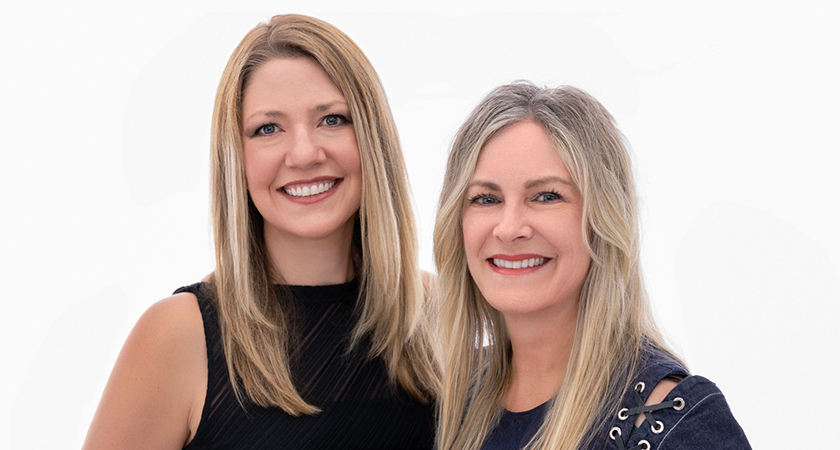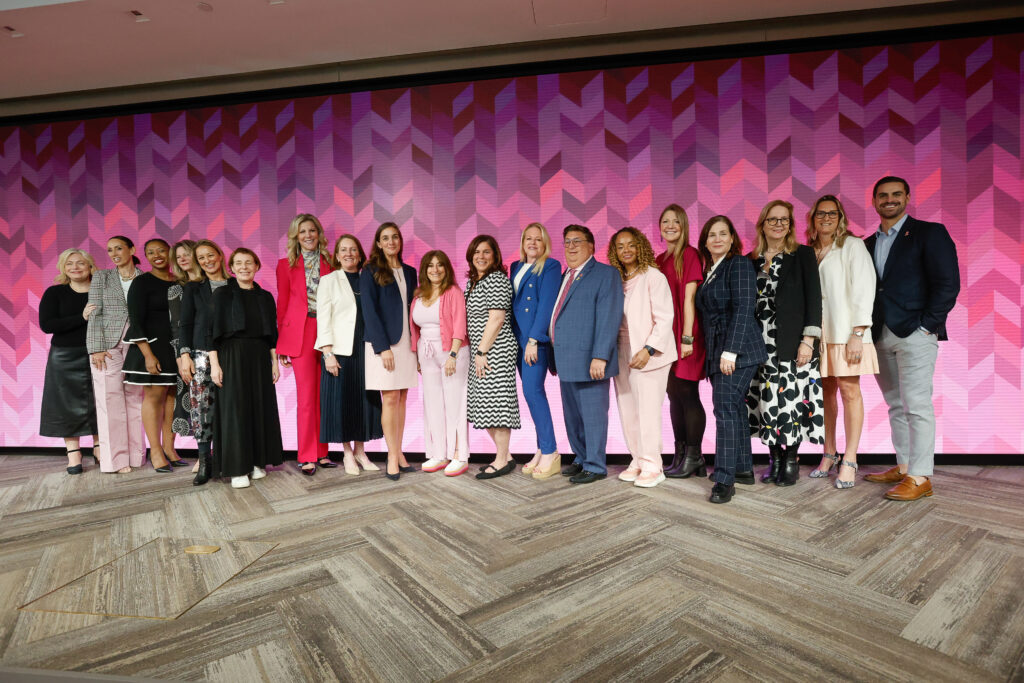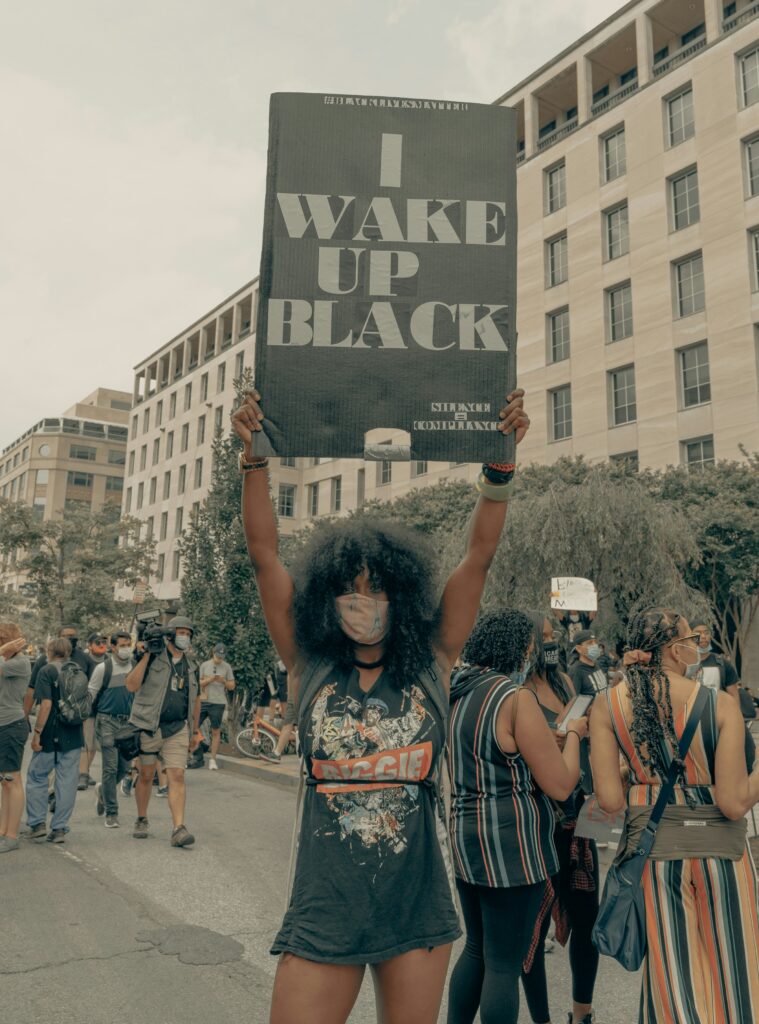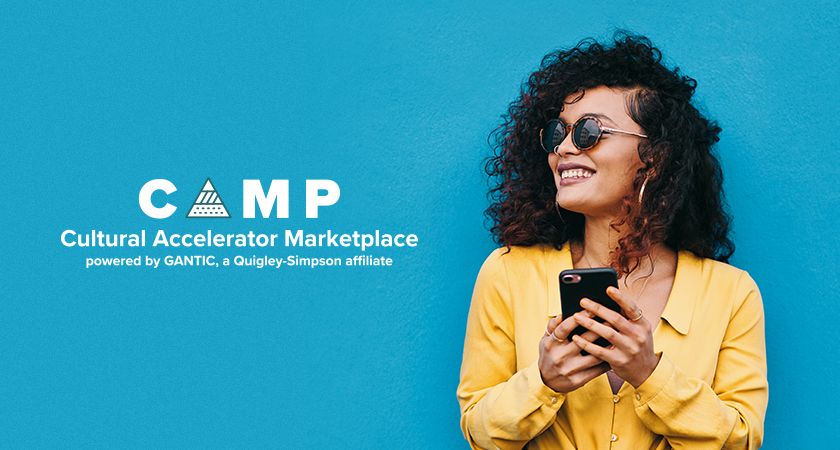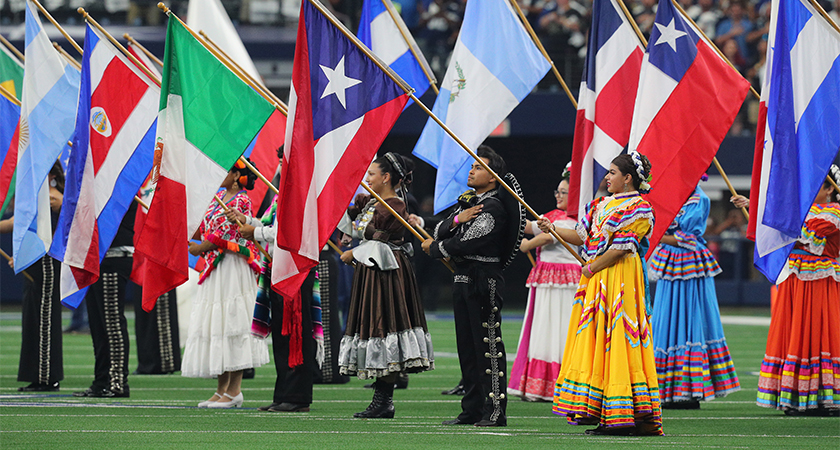As social platforms compete more aggressively, and evolve to meet the needs of changing audiences, new opportunities and risks appear for brands:
1. Meta adds NFT sharing
Instagram and Facebook users can now share NFTs from their crypto wallets on both platforms. NFT posts are tagged as digital collectables and have a shimmer effect to distinguish them from other content. This move by Meta could expand awareness and usage of NFTs and make them more appealing offerings for brands.
2. Instagram users can bypass the algorithm
Users can now choose to view posts from accounts they follow in chronological order versus having the algorithm choose content. Users and brands have been increasingly frustrated by the seemingly random way content gets served up on Instagram. If enough users choose to use this new function, it could make investing in organic content on Instagram more valuable for brands because posts/reels would be more likely to reach their followers.
3. TikTok makes it easier to promote live videos
Facebook/Instagram originally did not offer brands a way to promote live videos. This meant only a small fraction of their audience would be served the video in feed. Meta platforms recently added a somewhat complicated promotion method with an approval time as long as 40 minutes—more than the running time of many live broadcasts from brands. TikTok now gives all users with 1,000+ followers a way to promote live streams with only a couple taps and have content reviewed/approved quickly. This could make live video a viable option for more brands and reduces the need to run extensive pre-event awareness ads.
4. Elon Musk promises the ‘Everything App’
As of this writing, Elon Musk has changed course and agreed to buy Twitter with the hopes of creating an “Everything App”—a single solution for social media, messaging, peer-to-peer payments, and more. However, he has a history of grand ideas that don’t materialize as quickly as promised (Cybertruck, Hyperloop, neural interface ). Rather than thinking about the impact of a new app, brands should be focusing on the promised changes to Twitter that would be easy to execute. Most concerning: removing restrictions on accounts with a history of hate speech. This could negatively impact brand safety and drive some audiences to other platforms.
Daniel Quentin Zuber, Associate Creative Director, has worked on some of the largest global brands while also being active in the electronic music scene as a DJ, performer, and producer. He was part of a team developing one of the first immersive VR music experiences and has also released a collection of NFTs. Under the handle @therealquentinZ, he’s an influencer in trance music, cyberpunk, and vaporwave culture on Instagram and TikTok.

